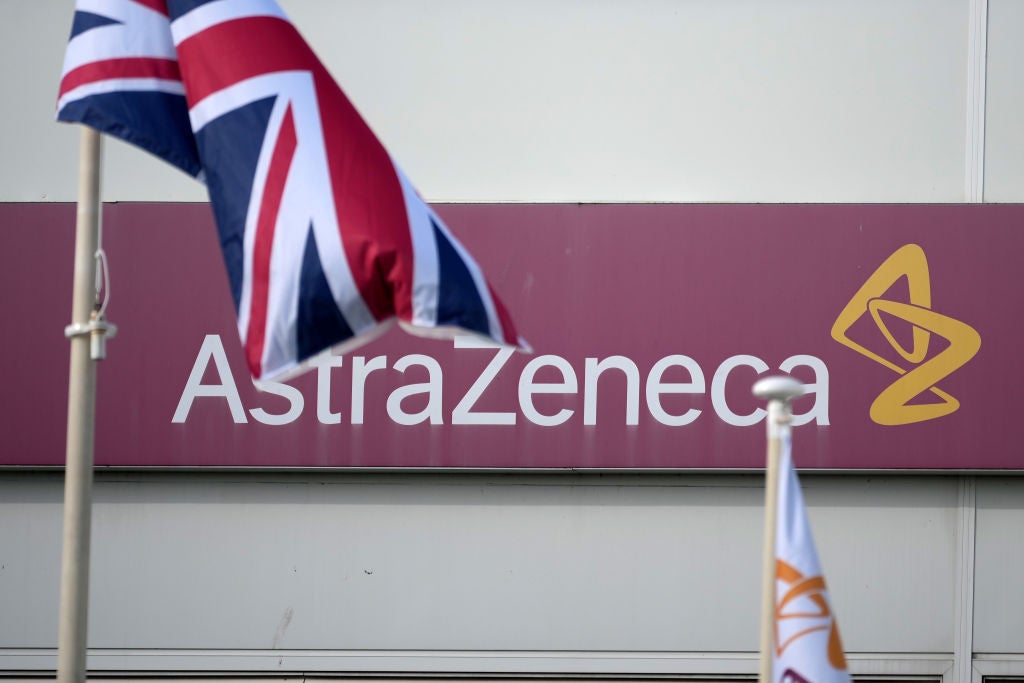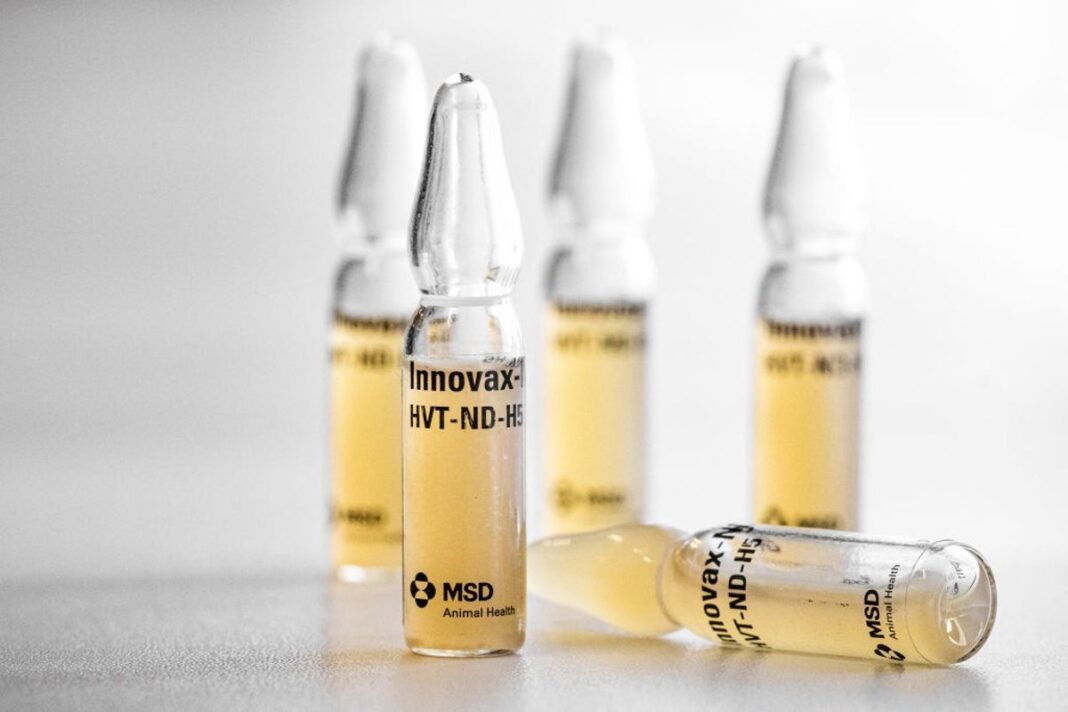A major global pharmaceutical firm said its decision to back out of a £1bn research hub partway through construction is because the UK is “not internationally competitive”.
The move by US-based firm Merck, known as MSD across Europe, is the latest setback for Britain despite Labour having put life sciences as a key pillar to support across business in the new industrial strategy earlier this year.
A government spokesperson said the UK “has become the most attractive place to invest in the world”, but that was dismissed by a statement from Merck, which warned that more companies would be making similar decisions.
It said changes needed to be made “to the operating environment” of the UK and that investment needs to be “put back in the right places”, among other issues, to stop other companies making the same move.
Merck was developing its research centre in the King’s Cross area of London, which was due to open in 2027. They will lay off 125 scientists and support staff, reports the Financial Times, and shift the workload to existing work locations, mainly in the US.
The government’s claim stems from a Deloitte survey earlier this year, which shows chief financial officers at UK businesses seeing the UK and India as top destinations for investment. Nonetheless, and despite some wins within the industry of late, including a 10-year £1bn deal with BioNTech, Merck’s decision and statement will be seen as a big disappointment.
“This reversal is a huge blow to the UK’s attempt to become a global life sciences hub,” Susannah Streeter, head of money and markets at Hargreaves Lansdown, told The Independent.
“The sector has been rich in innovation, but the investment outlook is now looking more precarious. It’s not just a lack of incentives and increased employer taxes, but the UK spend less on medicines, as a proportion of health spending, than other countries. Its pricing models have also meant certain innovative medicines are not readily available to patients, which acts as another disincentive for companies to invest in the country.
“President Trump’s tariff regime and threats of imposing high tariffs on drug imports is also making the US a more attractive proposition for multinational pharma companies.
“At best, investment looks set to stagnate or go to reverse as pharma companies weigh up the cost benefits of relocating elsewhere.’’
A report from the Association of the British Pharmaceutical Industry (ABPI) this week showed a fall in foreign funding recently, with UK pharmaceutical investment underperforming against worldwide trends over the last seven years.
ABPI chief executive Dr Richard Torbett said the government and industry must work together to “remove existing barriers” to turn it around.
“The UK has a world-class science base and the potential to lead globally in developing the next generation of medicines and vaccines,” he said.
“But without a more competitive environment for investment, we risk losing out to other countries making bold moves to attract internationally mobile investment.
“I believe UK has the potential to unlock billions in additional investment in early-stage R&D, ensure patients and the NHS can benefit from access to cutting-edge clinical trials and attract major capital investment in R&D and medicines manufacturing facilities – all of which directly support the government’s health and growth missions.”
Earlier this year, there were fears that pharmaceutical firm AstraZeneca – the biggest listed company on the London Stock Exchange – could move its primary listing to the US after CEO Pascal Soriot cited frustrations around pricing and new medicine restrictions.
In February, AZ also ended plans for a £450m vaccine plant due to discrepancies over funding and timing, in another blow to the industry.
Responding to the ABPI report this week, AstraZeneca UK president Tom Keith-Roach said it was vital to support research, for both medical and economic reasons.
“New and innovative medicines are essential to improving patient outcomes and have huge potential to boost British economic growth and support delivery of the NHS 10-year plan,” Mr Keith-Roach said.

“The competitiveness framework underscores the importance of investing in the next generation of medicines and pulling them through to the patients who can benefit.”
A government spokesperson said Merck’s decision to end its UK expansion plans and move operations overseas was “concerning news for MSD employees and the government stands ready to support those affected”.
“The UK has become the most attractive place to invest in the world, but we know there is more work to do,” they added.
“Through our life sciences sector plan, we’re taking decisive action to further unlock innovation, drive investment and boost growth.
“We have already started delivering on this work from investing up to £600m in the Health Data Research Service alongside Wellcome, through to committing up to £520m to the Life Sciences Innovative Manufacturing Fund, unlocking billions in private investment.”
The UK’s life sciences sector is worth an estimated £100bn, supporting more than 300,000 jobs in total.


